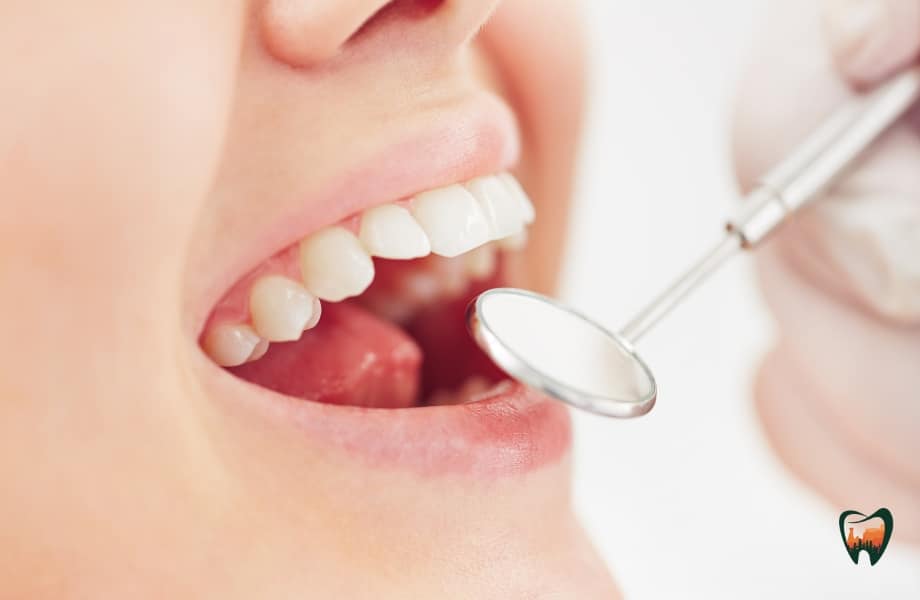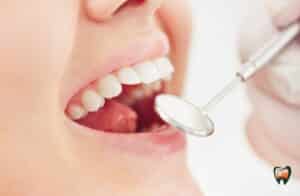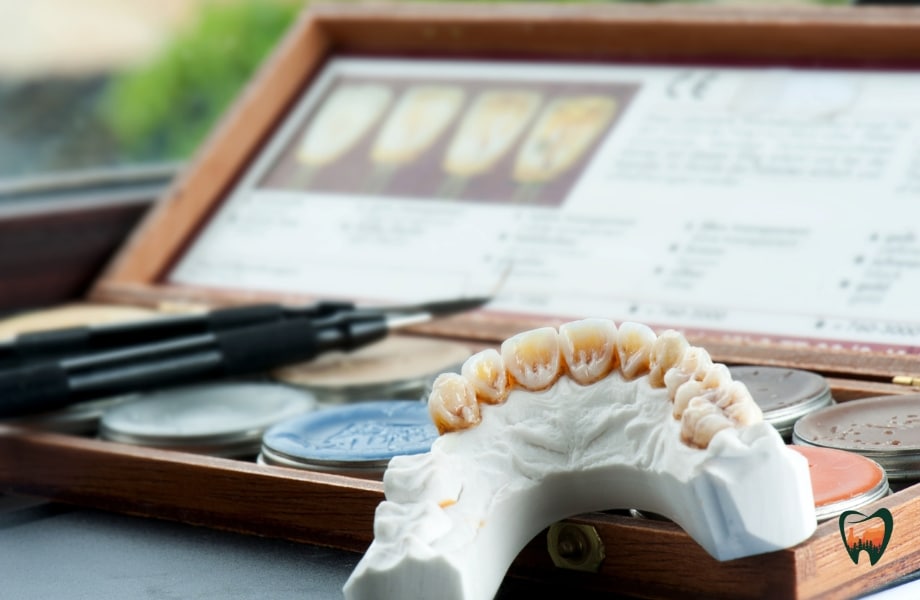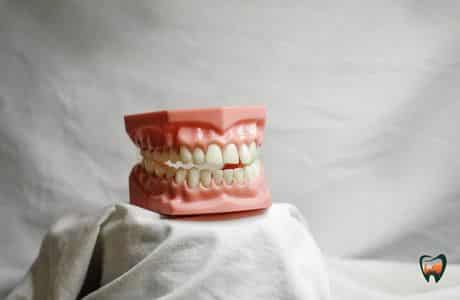How Often Should You See the Dentist?

How Often Should You See the Dentist?
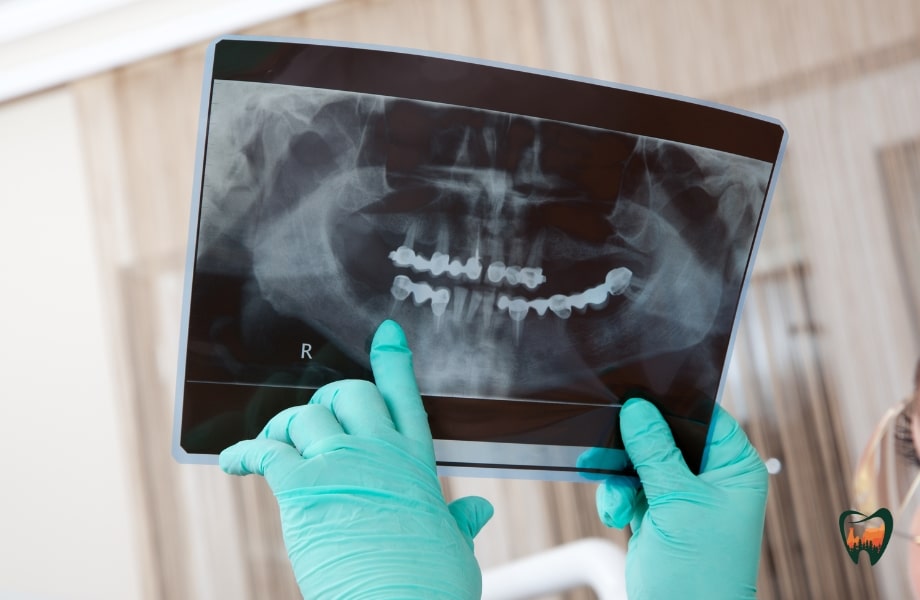
Dental visits are essential for maintaining oral health. Regular dental checkups help prevent dental problems such as cavities, gum disease, and oral cancer. The question is, how often should you see the dentist near you? Many factors come into play when deciding how often to visit the dentist. In this blog post, we’ll discuss what those factors are and share recommendations for maintaining optimal oral health.
The general recommendation is to visit the dentist every six months for a checkup and cleaning. However, there are exceptions to this rule. Patients with gum disease or frequent cavities may need to visit the dentist more often, up to every three months. On the other hand, patients with excellent oral health may be able to go a year or more between appointments. Your dentist can help you determine how often you should schedule appointments based on your oral health.
Does Age Matter?
Another factor that determines how often you see the dentist is your age. Children should visit the dentist every six months for checkups, cleanings, and fluoride treatments to prevent cavities. Adults over the age of 60 should also see the dentist every six months to detect oral cancer, which becomes more prevalent with age.
What If You’re Pregnant?
Pregnant women should visit the dentist, too. Hormonal changes during pregnancy can lead to gum disease, which, in turn, can increase the risk of preterm birth. Pregnant women should see the dentist every trimester to maintain optimal oral health.
Tooth Pain?
If you have dental problems such as a toothache, broken tooth, or bleeding gum, don’t wait for your next appointment. Schedule a visit with your dentist as soon as possible. Delaying treatment can lead to more severe dental problems, which can be more expensive and time-consuming to treat.
Orthodontics
Finally, patients who are undergoing orthodontic treatment should see the dentist as often as recommended by their orthodontist. Orthodontic appliances such as braces or aligners require frequent adjustments to ensure they are working correctly. Your orthodontist can help you determine how often you should see the dentist during your treatment.
Contact Us Today!
In summary, there’s no one-size-fits-all answer to the question, “How often should you see the dentist.” Factors such as age, oral health, and whether you have dental problems or orthodontic treatment all play a role in how often you should schedule appointments. The best way to determine how often you should see the dentist is to make an appointment for a checkup and discuss a personalized schedule with your dental professional. Regular dental visits are essential for maintaining optimal oral health and preventing dental problems, so don’t skip your next appointment!






